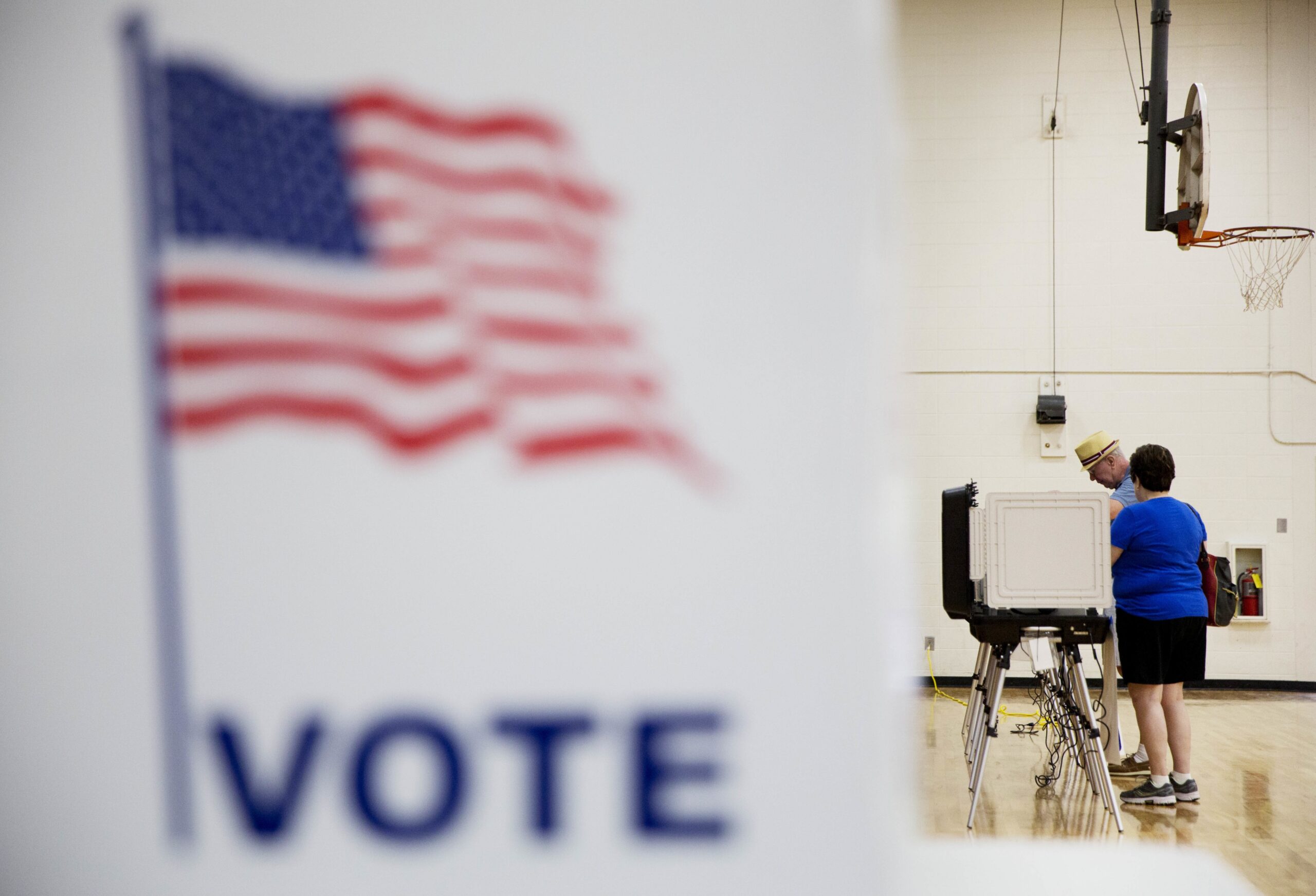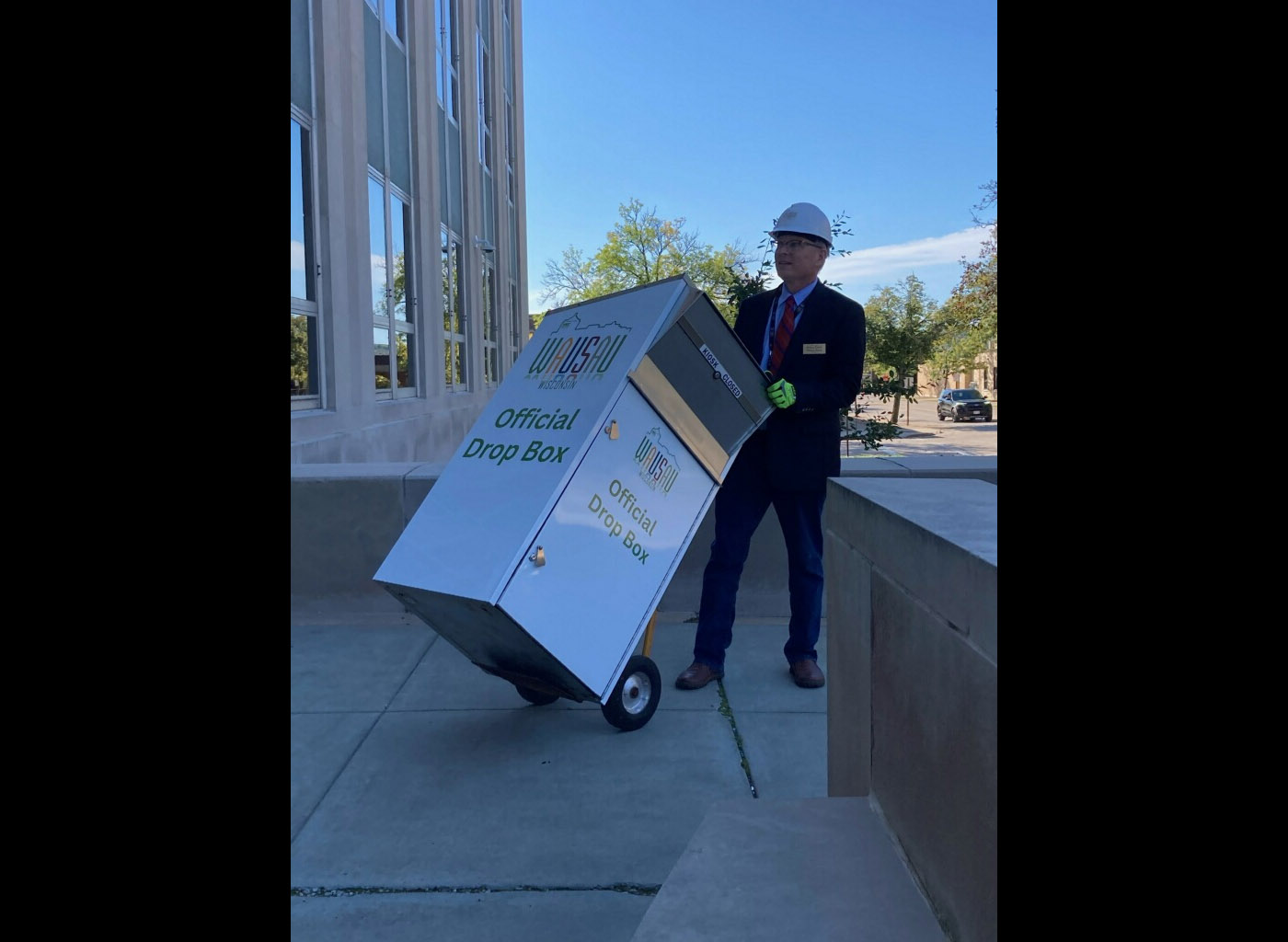In early September, Green Bay City Clerk Celestine Jeffreys sat in a conference room for a dry run of what a “man-made” threat to public safety on Election Day might look like.
The training brought together officials from the City Attorney’s Office to the Green Bay Metro Fire Department, not to mention representatives from the Wisconsin Elections Commission. The exercise was led by a facilitator from the U.S. Department of Homeland Security.
Jeffreys couldn’t provide details of the scenario officials ran through. But she said it evolved from the city receiving a “concerning” piece of information into something that would pose a real risk to election workers and voters.
News with a little more humanity
WPR’s “Wisconsin Today” newsletter keeps you connected to the state you love without feeling overwhelmed. No paywall. No agenda. No corporate filter.
“Worst case scenario is something that you plan for and not necessarily something that you communicate to the public because you don’t want to scare people,” she said. “But people would be concerned if some of the things that we discussed happened.”
The exercise was meant to help the city identify where it may have vulnerabilities and to think through what officials’ priorities would be if there was a real threat to public safety on Election Day.
It was a much larger version of a similar training the city conducted ahead of the 2022 midterms, Jeffreys said. That year’s training was a first for the city of Green Bay.
After 2020, Jeffreys said the frequency and intensity of verbal assaults and threatening interactions with the public forced the city to develop a “very robust security protocol and profile around elections.”
In many ways, Green Bay has been a microcosm of backlash officials faced across the country in the wake of the 2020 election.
Biden’s roughly 20,000-vote victory in the state four years ago made local officials the target for baseless claims of election fraud, spearheaded nationally by former President Donald Trump.
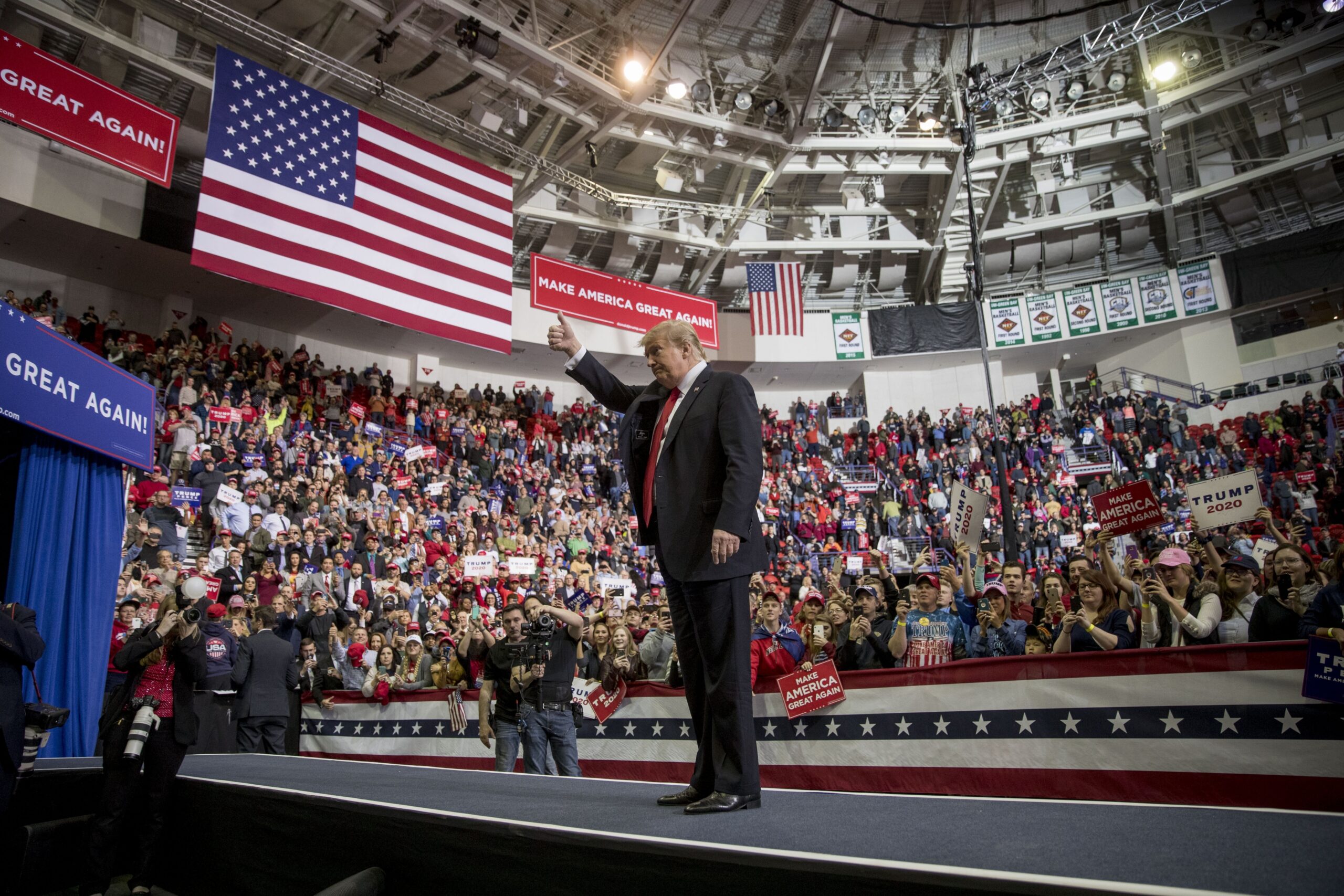
In Green Bay, where Biden won by around 4,000 votes, those false claims led to harassment and threats toward local officials and an ongoing level of animosity that has continued in the years since the election.
Through court filings, the city has gone public with at least three incidents of members of the public “verbally assaulting” either city staff or a local newspaper reporter in recent years.
“Those years following the 2020 election were some of the most fearful, stressful and unconventional life experiences I’ve ever had,” said Amaad Rivera-Wagner, who has worked in the Green Bay mayor’s office since 2020 and now is a Democratic state Assembly candidate.
Some are worried this election, with Trump back at the top of the Republican ticket, could result in additional threats.
The Green Bay experience
Almost immediately after the 2020 election was called, Rivera-Wagner said city officials and staff had their emails and phones flooded with threats from people all over the country, sending a “wave of fear” through City Hall. Rivera-Wagner said he personally became a target of harassment.
“It ended up setting me up to be doxed, harassed, stalked,” he said. “I had death threats. They stopped my husband at his job because they didn’t believe that he was real.”
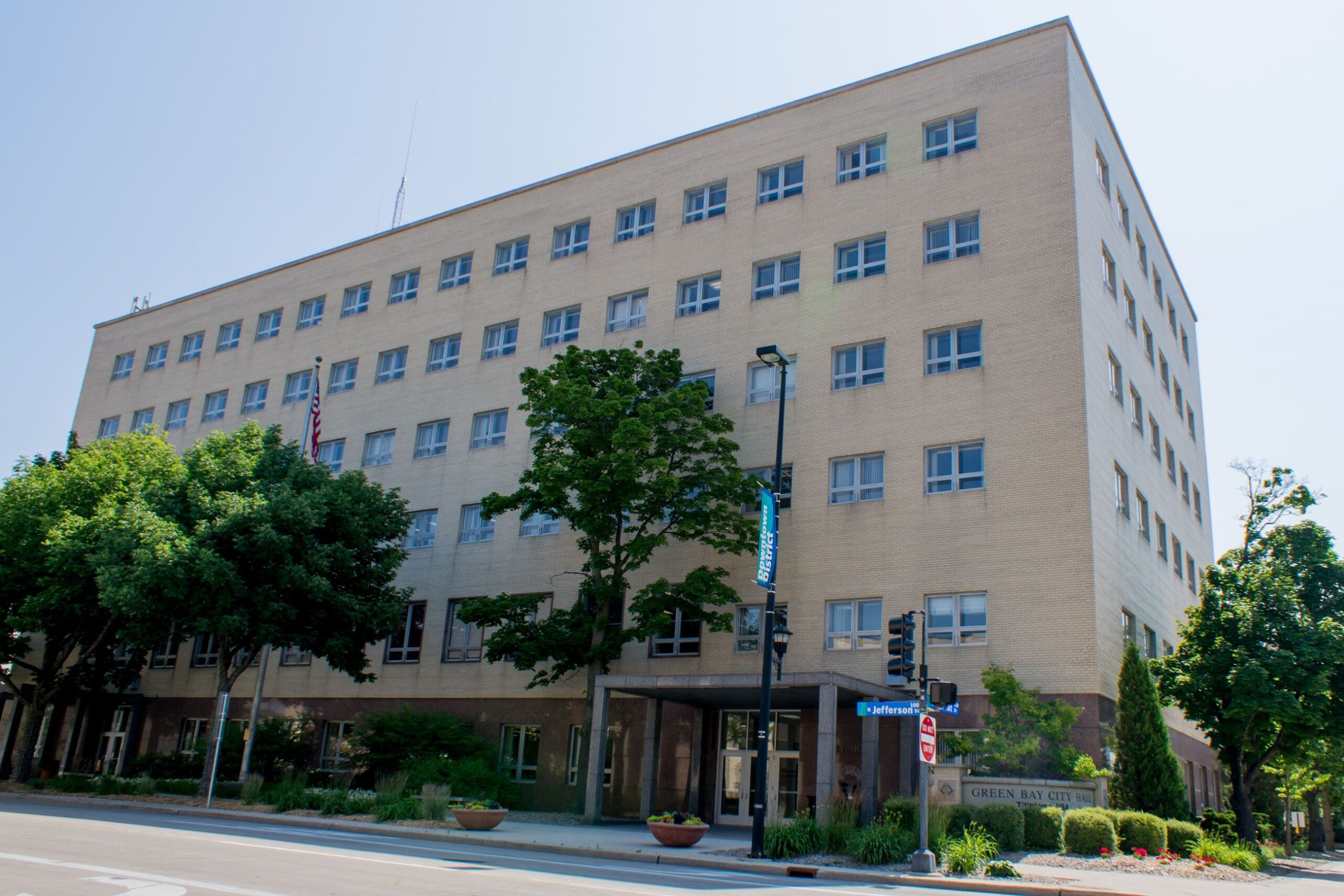
The same day rioters stormed the U.S. capitol to overturn the results of the 2020 election, protesters gathered outside Green Bay City Hall for a “Stop the Steal” rally. The protest was organized by now-Alder Melinda Eck, who was elected to the city council in 2022.
Eck did not return repeated requests for an interview, but at the protest, she told WTAQ-FM that Trump supporters wouldn’t back down, saying, “There’s a bunch of patriots out there and they are going to fight for their freedom.”
Green Bay has been a central focus for others who’ve echoed Trump’s claims, including former state Supreme Court Justice Michael Gableman, who was hired by the Wisconsin Assembly to investigate the 2020 election. As part of his investigation, Gableman called for Mayor Eric Genrich’s arrest.
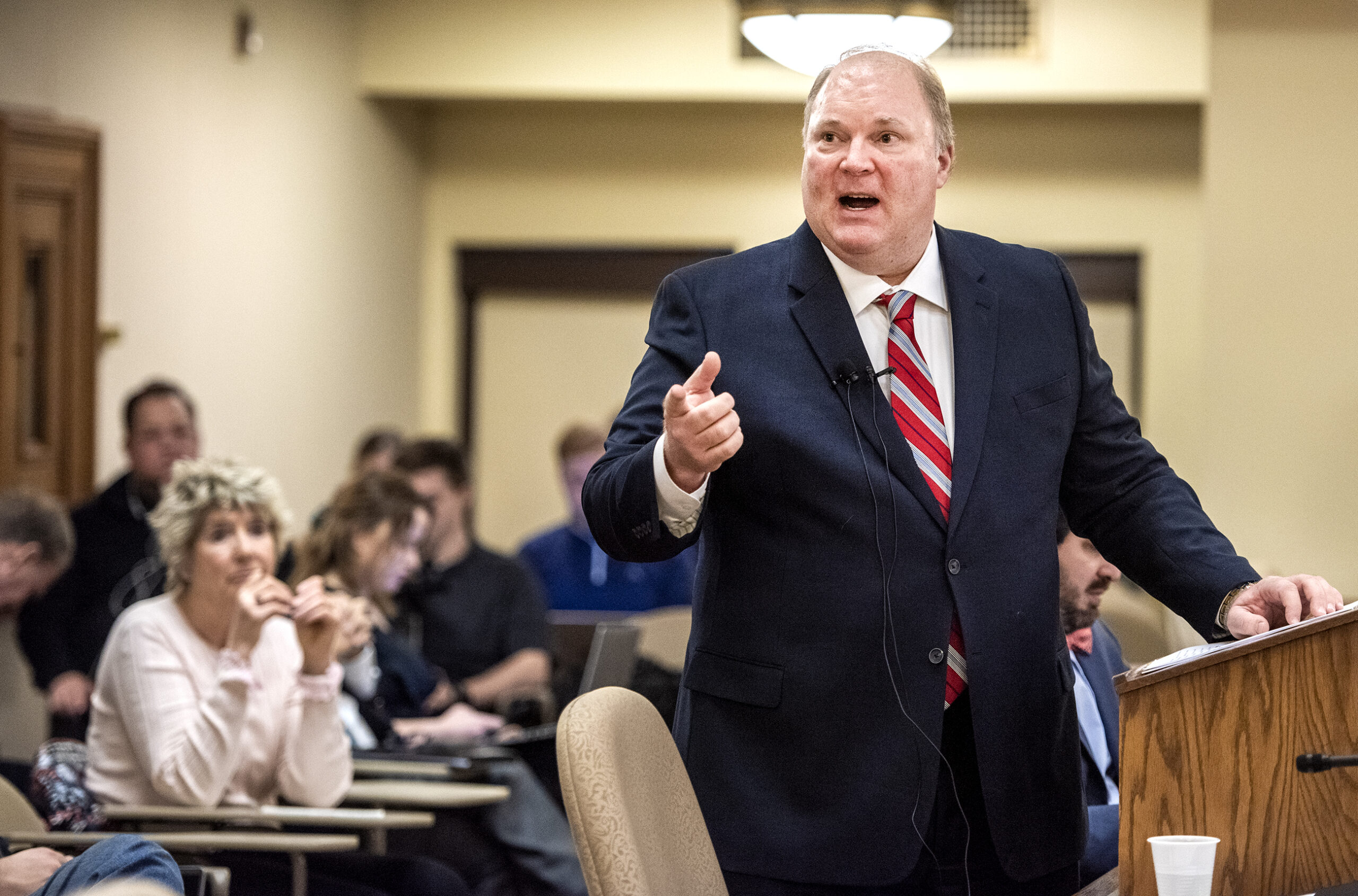
The mayor declined to comment for this story, but described the fallout of Gableman’s probe in a 2023 interview about a threat he received during his reelection campaign.
“We received a lot of emails and communications suggesting treason and all kinds of things because of the election conspiracy theories that have been circulated for a very long time,” Genrich said last year.
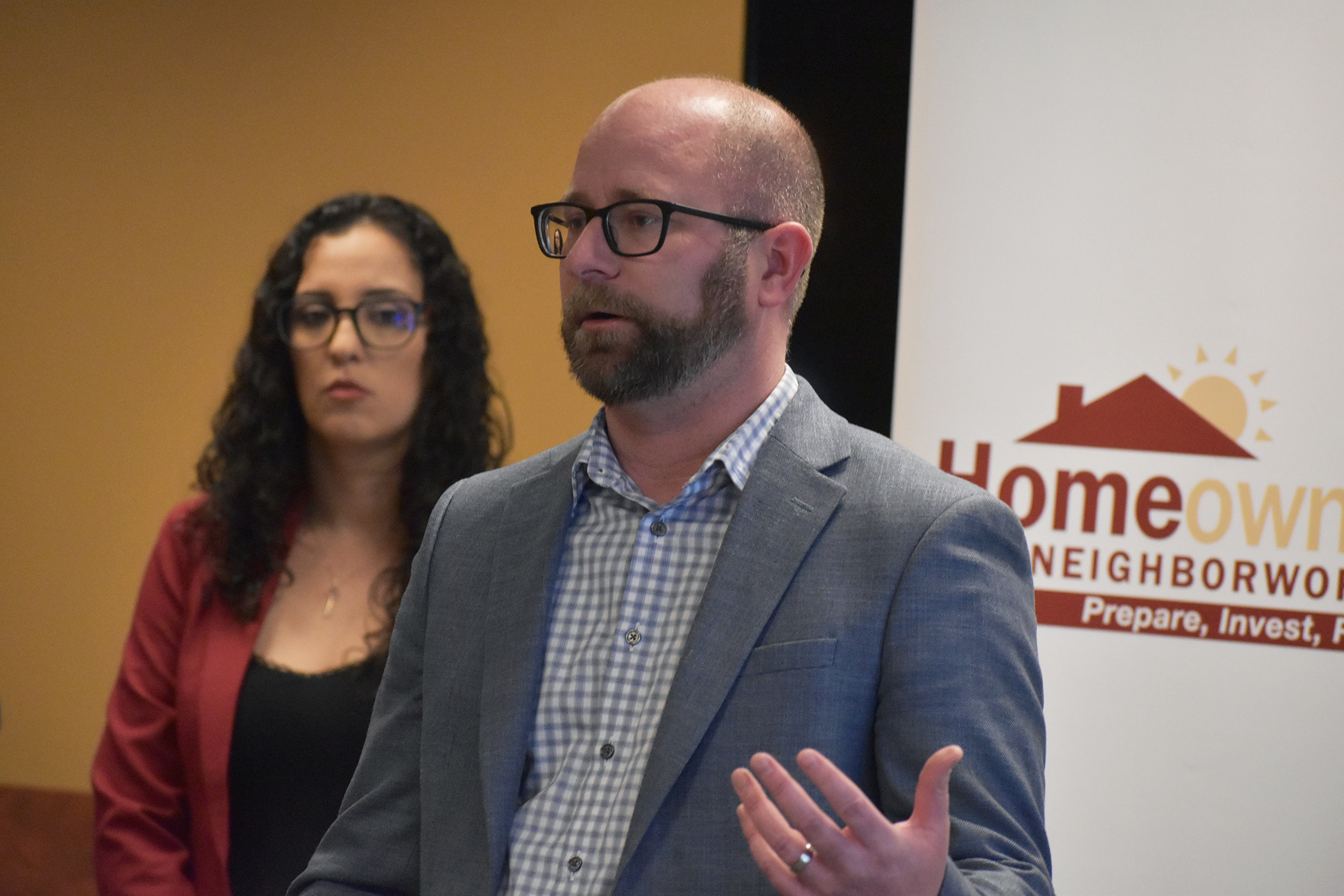
Earlier this year, Republican U.S. Rep. Mike Gallagher stepped down before his term ended and told The Washington Post that threats to his family led to the decision. Gallagher had famously called out Trump supporters during the Jan. 6 insurrection, calling the events of that day “Banana Republic crap” in a video recorded from his Capitol office.
Former U.S. Rep. Reid Ribble, a Republican and outspoken Trump critic who represented Green Bay from 2011 to 2017, has a theory on why the city has been such a focus for some of the former president’s most ardent supporters. In short, they view Green Bay as winnable.
“In Milwaukee and Dane County, they believe the Democrats are going to ‘steal’ it no matter what,” Ribble said. “The bigger issue is this whole idea that the elections themselves aren’t safe, when, in fact, they are.”
A statewide issue
While some local officials have faced intense pressure in Green Bay, it’s hardly the only place where it felt like running elections changed after 2020. In fact, a 2023 Brennan Center survey of local elections officials around the country showed 45 percent were concerned for the safety of other election officials and workers in future elections.
In Dane County, Madison’s clerk received multiple death threats, and Wisconsin Elections Commission Administrator Meagan Wolfe was granted a security detail due to concerns for her safety.
Election Day safety training exercises, like the one in Green Bay, have become more common across Wisconsin, especially after the Jan. 6 insurrection, said Dane County Clerk Scott McDonell.
McDonell said he’s participated in several of them with municipalities in his county in recent years and has a few more set for this election cycle. He said they can range from preparing for cyber attacks to bomb threats.
“It really does feel a bit like we’ve turned into more of an emergency management department than an election department,” he said.
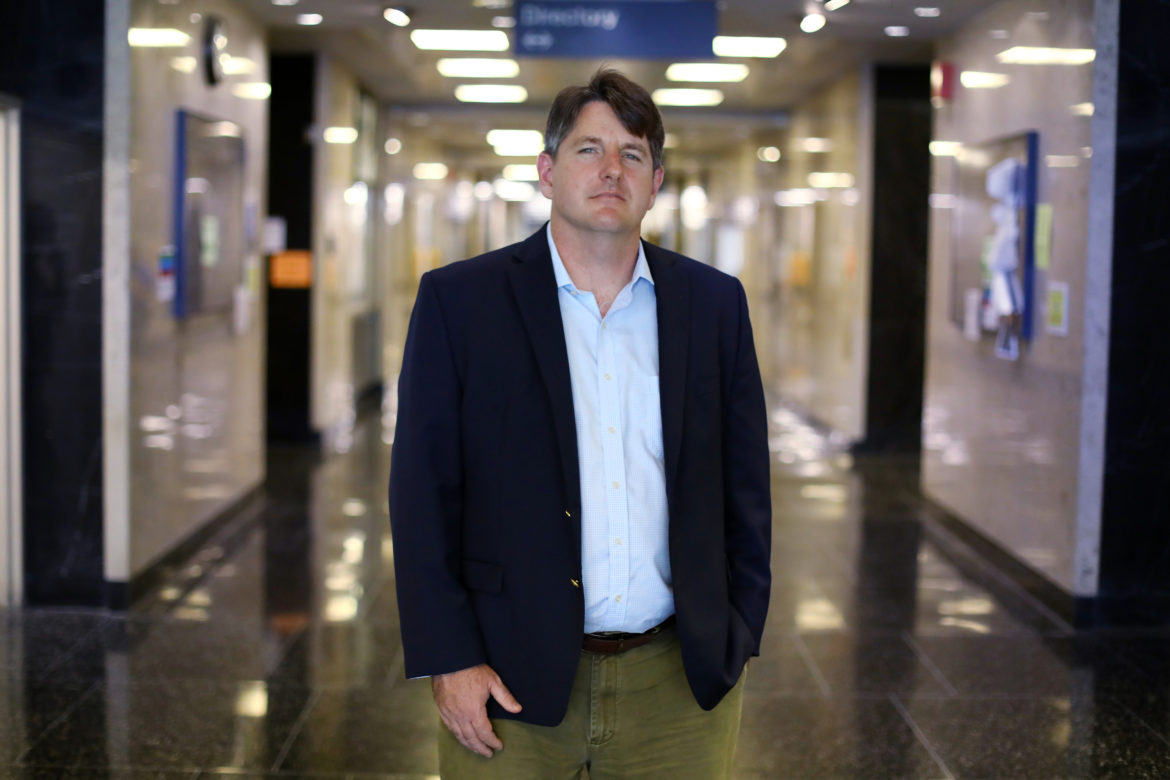
Sam Liebert, Wisconsin state director for the voting rights group All Voting is Local, said local clerks across Wisconsin have increased their coordination with local law enforcement in preparation of the 2024 election and possible safety concerns.
“They have done more training around things like mass casualty or active shooter-type events,” he said. “A lot of clerks are or have installed silent alarms in their offices if something were to happen that goes directly to law enforcement.”
Liebert said his organization held town halls with clerks around the state this year, and “a large number of clerks” plan to put their families up in hotels or have them stay in another city the night before the election and on Election Day in case “things go sideways.”
“It’s a very real threat,” Liebert said. “It’s a very real concern.”
Bracing for 2024
The Republican Party of Brown County has promoted poll watching and has held election observer training sessions ahead of the November election.
Party Chair Doug Reich declined to be interviewed, but provided a statement via email.
“There was a number of issues regarding that (2020) election which caused people to question election integrity,” he said. “As a result, nationwide there has been advocacy to improve election integrity.”
For clerks, Jeffreys said there’s a balancing act between preserving the right of the public to observe elections and preserving the right of voters to cast private ballots.
In April 2022, according to court documents, an election observer in Green Bay “verbally assaulted” staff in the city clerk’s office after a voter delivered an absentee ballot, which resulted in the voter crying and being escorted to her vehicle.
Jeffreys said the incident was part of an effort by some election observers to “police elections.” She said she welcomes poll watchers but said they should not try to insert themselves into election processes.
“Unfortunately, that continues to this day,” she said. “I’m confident that in November, we’ll have even more of that.”
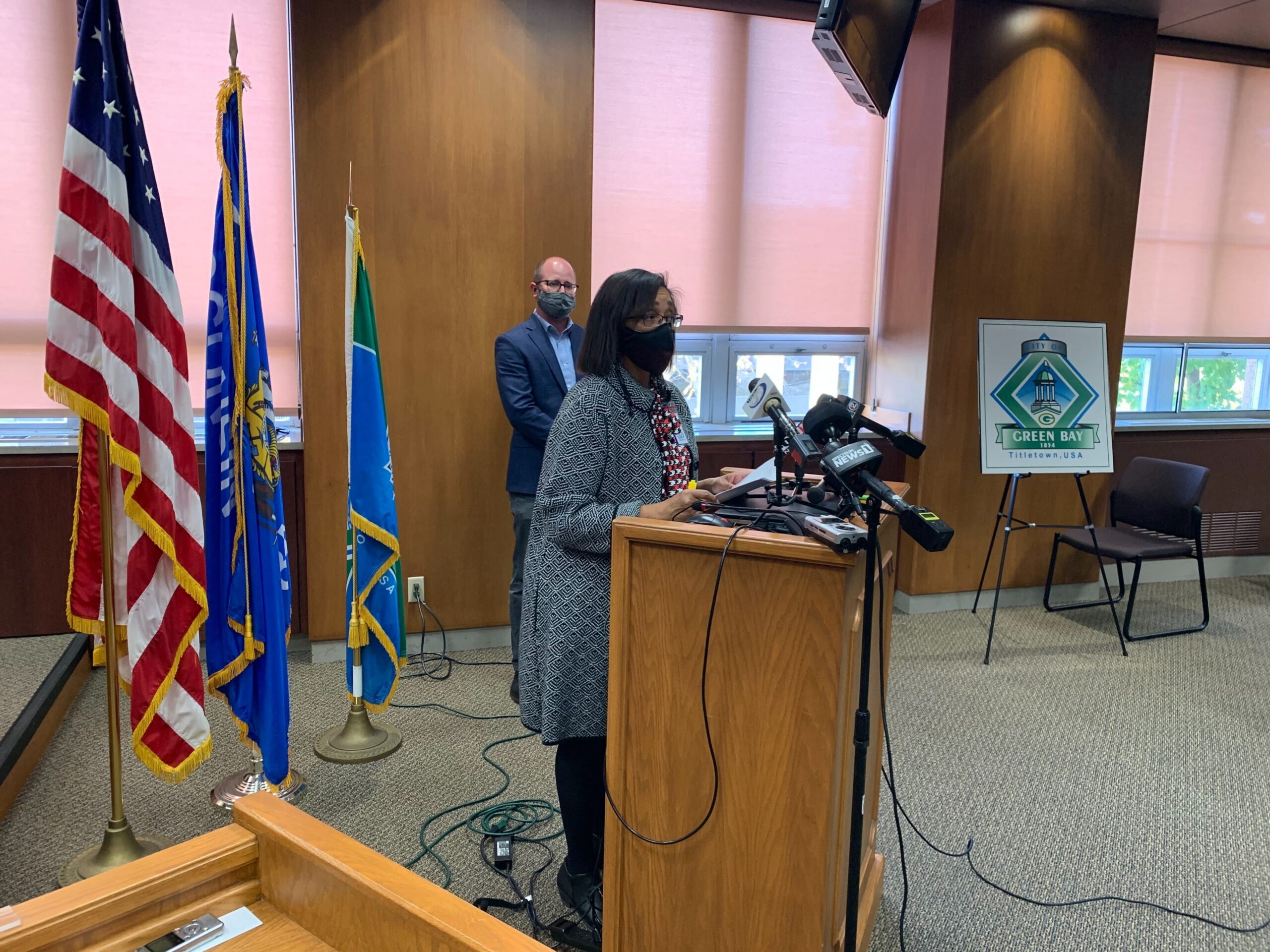
Following the 2020 election, Jeffreys said her office has worked closely with the Green Bay Police Department to develop a security protocol for elections, both at City Hall and at polling locations. It’s unclear if Green Bay officials will face harassment and threats in November, but she said the city is prepared for “every eventuality.”
Jeffreys said Green Bay will ensure eligible voters are registered, and that their votes are counted. Beyond doing that work to the letter of the law, she said everything else is out of her hands.
“We are going to do everything that we are required to do to ensure that people’s votes are counted,” she said. “I don’t know what’s going to happen, but we are ready.”
Wisconsin Public Radio, © Copyright 2025, Board of Regents of the University of Wisconsin System and Wisconsin Educational Communications Board.

